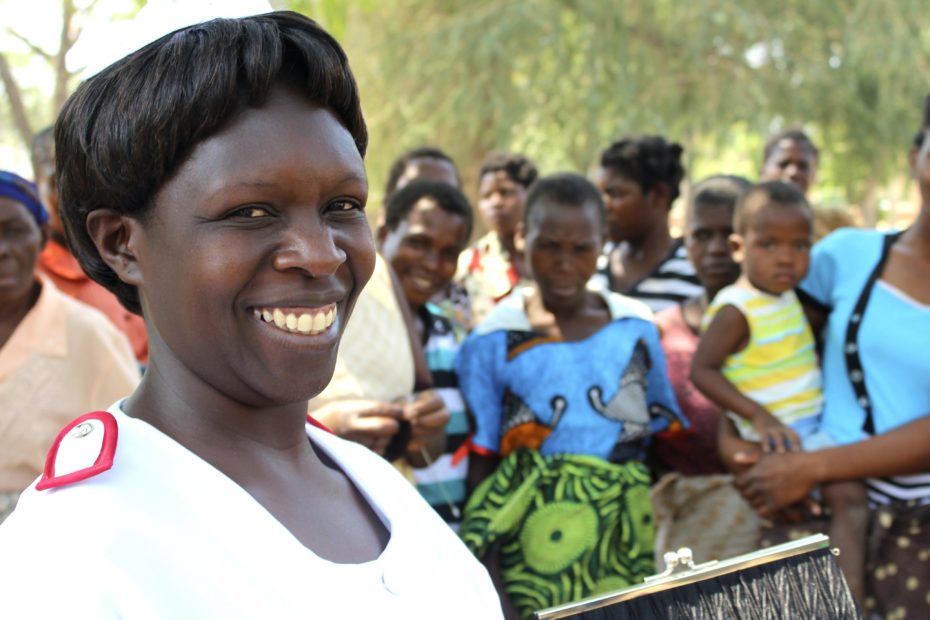Leading the way with quality care
As we reflect on the theme of this year’s International Day of the Midwife, we look to see how essential the services of midwifery and nursing are in developing regions. Midwives and nurses play such an integral role in preventing morbidities such as obstetric fistula, by providing skilled quality care, identifying when a woman’s labour is prolonged or obstructed and referring her to emergency obstetric care when needed. Yet they also have an essential part to play in changing local attitudes by implementing activities such as:
- Educating women and their communities about the risks of prolonged and obstructed labour
- Helping women who have had surgical repair reintegrate into their communities and resume productive lives
- Using relevant data to inform decision making in fistula care services
However, the prevalence of skilled nurses and midwives is insufficiently low, especially in areas where fistula is known to exist. The women who are most at risk of maternal morbidities are the ones most deprived of midwifery and nursing services. Our dashboard shows a connection between the number of midwives and nurses available in a given country (per 1000 of the population) and whether that country is known to have fistula. From these insights, we can theorise that a country with a low prevalence of nurses and midwives represents a weak health infrastructure, one of the root causes why obstetric fistula exists.
This week, as we celebrate the International Day of the Midwife and International Day of the Nurse, we honor the efforts of midwifery and nursing within obstetric fistula care services. Collectively, we must raise awareness of the importance of strengthening midwifery and nursing in low-resource settings where systems are failing women and obstetric fistula is most common.
